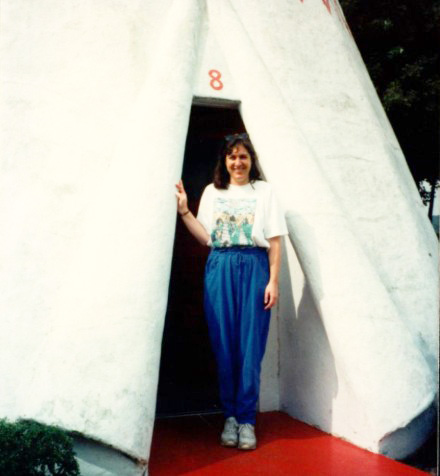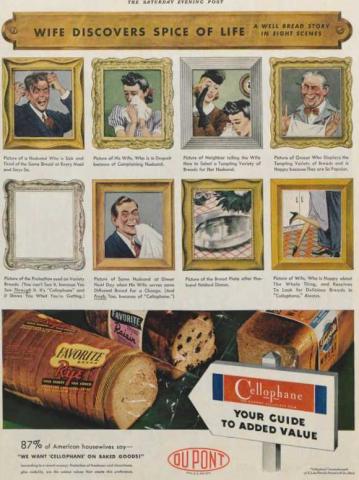We wish our dear colleague Linda Gross heartfelt congratulations on her retirement at the end of 2025! Linda has been our Reference Librarian since September 2002. In those years, she has helped innumerable patrons, steered our ship of Interlibrary Loans, served on our grants committee, and provided a sharp editorial eye for our publications team.
Linda has been our Reference Librarian since September 2002. In those years, she has helped innumerable patrons, steered our ship of Interlibrary Loans, served on our grants committee, and provided a sharp editorial eye for our publications team.
On this day in 1825, the issued its first patent for a system to "preserve animal substances in tin". Ezra Dagget and his nephew Thomas Kensett, the patent holders, had been canning salmon, oysters and lobsters out of their seafood processing factory in New York City since 1819.
Tin cans had been put into use for preserving food since 1813, but their use had largely been limited to specialized environments and circumstances like military expeditions and arctic exploration, rather than commercial use.


